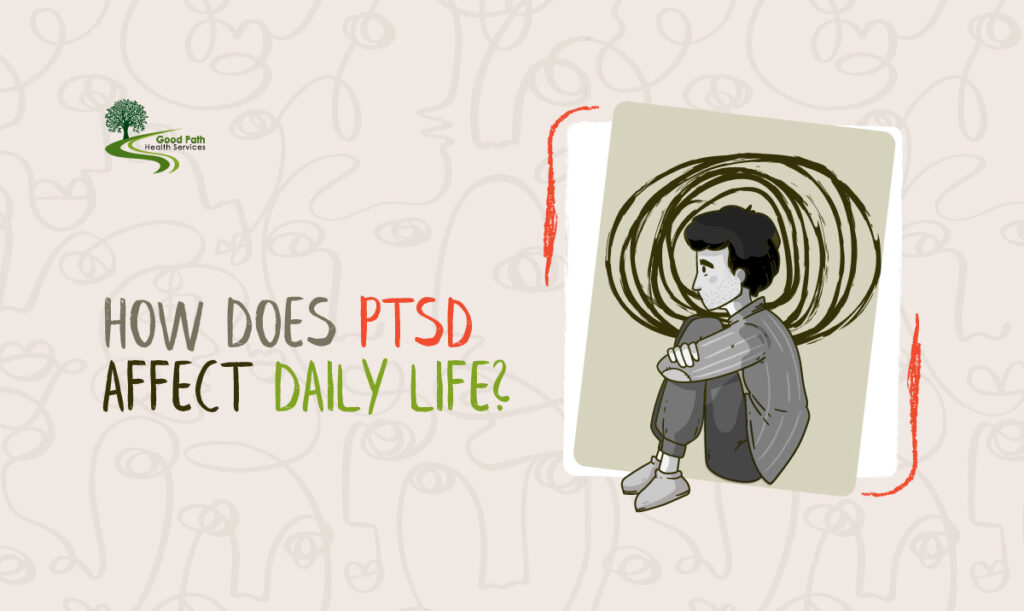
It’s usual to have side effects from antibiotics.
Though when it comes to doxycycline, one question people ask is: Does doxycycline cause anxiety while finishing dosage?
Knowing about this possible link helps people manage their well-being.
What Is Doxycycline?
It’s a popularly prescribed antibiotic for bacterial infections – respiratory problems, urinary infection, and some acne types. It falls under the tetracycline class of antibiotics, which works by halting bacteria growth in our body.
Common Side Effects of Doxycycline
Like other medicines, doxycycline has its share of common side effects—upset stomach, vomiting, diarrhea, sun sensitivity.
Yet, some people also report more uncommon ones, such as doxycycline brain fog and anxiety, especially nearing their dosage’s end.
Understanding Anxiety as a Side Effect
What is Anxiety?
Anxiety is mental health condition that causes excessive worry, fear, or nervousness. These feelings are intense enough to disrupt everyday tasks. Though anxiety is quite common, it’s alarming when it lingers or comes up due to factors like medication.
Does Doxycycline Cause Anxiety While Finishing Dosage?
Doxycycline does not commonly list anxiety as a side effect. Yet, some users have shared stories of intensified anxiety, especially nearing the end of their medication regimen.
Why Might Anxiety Occur?
A couple of reasons may explain why some patients feel anxious when they’re about to finish their doxycycline medicine:
- Imbalance of Chemicals: Medicines like doxycycline can disturb the healthy bacteria in your gut, tied to your mind’s well-being. This bacteria change can stir feelings of worry.
- Sensitivity to Medication: People may react sensitively to certain medicines, leading to strange side effects like anxiety or a foggy mind from doxycycline.
- Stress of Illness: Coping with an infection and medication side effects can create tension. This worry might grow as patients approach their treatment’s end, particularly if they fear the infection might come back.
Learning to Cope with Anxiety When Taking Doxycycline
Keep an Eye on Your Symptoms
If you start feeling tense when taking doxycycline, it’s good to track how you’re doing. Write down when your anxiety sets in, how strong it feels, and other feelings you might have. These notes can help when you talk to healthcare professionals about your worries.
Speak with Your Doctor
If you think doxycycline is worsening your anxiety, talk to your doctor. They might advise adjusting your dose, swapping your antibiotic, or giving something temporarily for anxiety relief.
Think about Gut Health
Consider this—there’s a connection between your gut’s health and your mind’s wellbeing. It could help to boost your gut bacteria while taking antibiotics.
Eating probiotics or foods high in fermentation can maintain a healthy gut stability, potentially lessening anxiety risk or doxycycline brain fog.
Practice Stress Management Techniques
Try to manage stress using techniques such as deep breathing, meditation or regular exercise. These methods could especially help if illness stress triggers your anxiety more than any medication.
Doxycycline Brain Fog and Anxiety: Is There a Connection?
Occasionally, people taking doxycycline describe a feeling of mental cloudiness termed as “brain fog”. This unclear thinking may fuel anxiety, particularly if they’re already concerned about their mental clarity.
What Causes Brain Fog?
Lots of factors can, including side effects from medication, insufficient sleep, and stress. If we focus on doxycycline, here’s why brain fog may occur:
- Medication Side Effects: Some patients react more intensely to doxycycline’s side effects, which could cause metal fogginess.
- Dehydration: Antibiotics like these can sometimes make you dehydrated, muddling your thoughts.
- Gut-Brain Axis Disruption: When our gut bacteria gets thrown off, it can mess with our mental wellbeing—due to the intricate communication between our brain and gut. This interruption can cause issues like brain fog.
How to Manage Brain Fog
If you’re experiencing doxycycline brain fog, try these steps:
- Always hydrate. Lots of water can stop fog from getting worse.
- Make sure to sleep well. Your brain performs better with enough rest.
- Look after your gut. Probiotics and good food could lessen brain fog.
When to Seek Medical Help
Persistent or Worsening Anxiety
If anxiety stays or gets worse when using doxycycline, see a doctor. A doctor can figure out if it’s the medicine or something else.
Severe Side Effects
Rarely, doxycycline can cause serious side effects needing urgent medical attention, like extreme headaches, unclear vision or signs of allergic reaction such as rash, itchiness, or swelling.
Summing Up
So, does doxycycline cause anxiety while finishing dosage? The evidence is primarily anecdotal. Some suggest that anxiety isn’t usually caused by doxycycline.
Yet, everyone is different and some might get anxious near the end of using the medicine.
If you’ve got doxycycline-linked anxiety or brain fog, keep a keen eye on your symptoms. Inform your doctor about them.
If anxiety or other mental health issues trouble you, think about reaching out to a professional.
Good Path Health Services can help if you or a close one are dealing with anxiety or mental health problems. Don’t wait to ask for help.
We can provide you with mental health support customized to fit your situation. If you’re stressed from medication or other things in life, our team is ready to assist.
Connect with Good Path Health Services now to be one step closer to better mental health.
FAQs
What side effects can occur after stopping doxycycline?
Some people might notice side effects like stomach issues, extra sun sensitivity, or mild headaches. These usually get better within a few days or a week after ending the medicine.
What are the most common side effects of doxycycline?
Usual side effects are feeling sick, vomiting, diarrhea, and reacting more to sunlight. Mild headaches or stomach pain might happen too.
How long do doxycycline side effects last?
It depends on the person. Mild side effects like feeling nauseous or being more prone to sunburn mostly go away within few days or a week after stopping this drug. If side effects don’t go away, consider seeing a doctor.
Can doxycycline cause depression and anxiety?
Some rare cases note feelings of depression or anxiety during doxycycline use. These aren’t common and could be due to personal reaction to the drug. If you experience these symptoms, consult your doctor for further evaluation.



